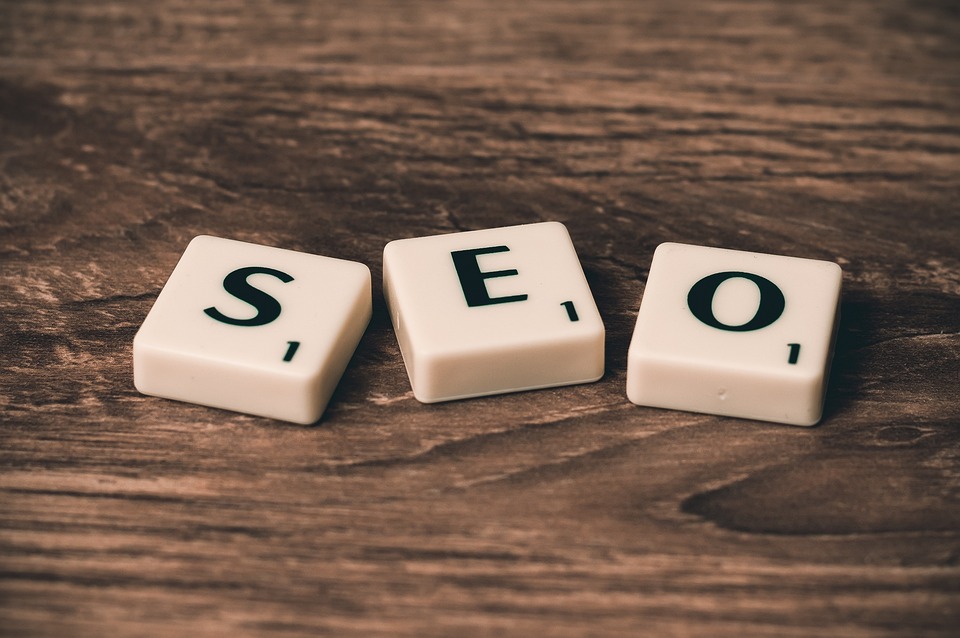In today’s rapidly changing economic landscape, businesses face unprecedented challenges. Climate change, shifting consumer expectations, and technological advancement necessitate a proactive approach to sustainability. Future-proofing your business means embracing strategies that not only mitigate risks but also unlock opportunities for growth and innovation. Here, we explore effective strategies for achieving sustainability while ensuring your business remains resilient and competitive.
1. Embrace Circular Economy Principles
One of the most significant shifts toward sustainability involves adopting circular economy principles. Instead of the traditional linear model of “take, make, dispose,” businesses can design systems that encourage reuse, recycling, and remanufacturing. Strategies include:
- Product Design: Create products that are easier to disassemble and recycle.
- Material Use: Opt for sustainable materials that have higher recycling potential.
- Take-Back Programs: Implement systems for customers to return products at the end of their lifecycle for refurbishment or recycling.
This approach not only reduces waste but can also create new revenue streams.
2. Invest in Energy Efficiency
Energy consumption is a major concern for businesses aiming to reduce their carbon footprints. Implementing energy-efficient practices can significantly lower operational costs and enhance sustainability. Key steps include:
- Energy Audits: Conduct regular audits to identify areas for energy savings.
- Green Technology: Invest in energy-efficient equipment, smart lighting, and HVAC systems.
- Renewable Energy: Consider using renewable energy sources such as solar or wind, which can lower utility bills and enhance your brand image.
Investing in energy efficiency can yield substantial savings over time while demonstrating a commitment to sustainable practices.
3. Engage Stakeholders in Sustainability Initiatives
Engaging stakeholders—from employees to customers—creates a culture of sustainability within your organization. To foster this engagement, consider these strategies:
- Training and Awareness: Provide education on sustainability practices and encourage employees to contribute ideas.
- Collaborative Projects: Partner with local organizations or other businesses for community sustainability initiatives.
- Feedback Mechanisms: Actively seek feedback from customers about your sustainability efforts and adapt accordingly.
A collaborative approach can enhance loyalty and create a community focused on shared sustainability goals.
4. Leverage Technology for Sustainability
The integration of technology into sustainability initiatives can lead to more efficient processes and improved data collection. Consider the following tactics:
- Data Analytics: Use data analytics to identify inefficiencies in your supply chain and operational processes.
- Sustainable Supply Chain Management: Invest in technologies that track sustainability metrics throughout your supply chain, ensuring responsible sourcing and minimizing carbon footprints.
- Automation: Implement automation to optimize resource use, reduce waste, and enhance productivity.
Technology not only streamlines operations but can also create a transparent and accountable supply chain, aligning with sustainability goals.
5. Innovate Your Business Model
Reassessing your business model could lead to new opportunities for sustainability. This might involve:
- Subscription Services: Instead of outright sales, consider subscription models that promote long-term use and reduce waste.
- Digital Offerings: Investigate the potential for digital services that can replace physical products, reducing environmental impacts.
- Community-Centric Models: Shift focus from profit maximization to creating value for the community, which can enhance brand loyalty while promoting sustainability.
Innovation in your business model can differentiate you in the marketplace and appeal to a growing segment of environmentally conscious consumers.
6. Monitor and Report Progress
Lastly, establishing metrics to track and report your sustainability progress is essential. This involves:
- Sustainability Goals: Set clear, measurable sustainability objectives that align with your overall business strategy.
- Reporting: Regularly report your progress to stakeholders, whether through sustainability reports or social media updates.
- Continuous Improvement: Use feedback and performance data to refine your strategies and practices continually.
Transparency about your sustainability efforts can enhance credibility and foster trust with your customers.
Conclusion
Future-proofing your business through sustainability isn’t just about compliance or corporate social responsibility; it’s an integral part of modern business strategy. By embracing circular economy principles, investing in energy efficiency, engaging stakeholders, leveraging technology, innovating your business model, and diligently monitoring progress, you position your business to thrive in an increasingly conscientious marketplace. As consumers and investors continue to prioritize sustainability, those that adapt will not only survive but flourish in the long run.



